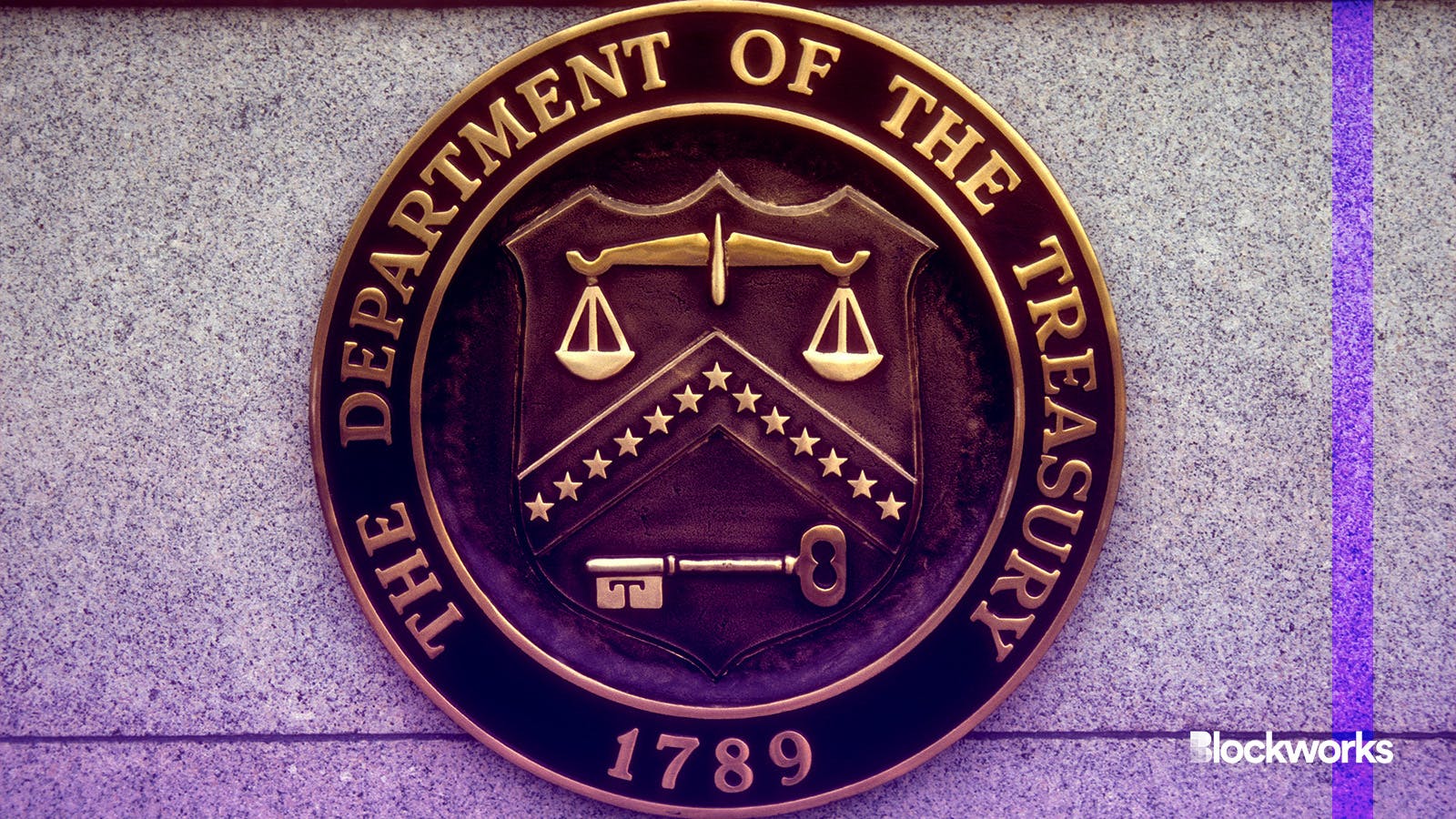In line with President Joe Biden’s plans, the US Department of Treasury is once again suggesting a plethora of tax rules relating to digital assets, including outlawing wash-trading and imposing an excise tax on electricity costs for miners.
The Treasury on Monday released its 2025 revenue proposals, known as the “Greenbook,” outlining the tax recommendations in Biden’s budget, also published Monday.
The crypto-related proposals are largely a repeat from what the President asked for in 2023, which ultimately did not become law.
Read more: Biden won’t tax crypto out of existence: Lummis
The Department wants to add an excise tax on “any firm using computing resources…to mine digital assets” of 30% of electricity costs used for mining. If the proposal is adopted, miners would be required to report the amount and type of electricity used and the cost, when purchased externally.
Miners that lease equipment would also be responsible for reporting electricity values and firms that use off-grid power would have to pay 30% of estimated costs.
The Biden Administration first proposed excise taxes on miners last year, citing environmental concerns.
“While crypto assets are virtual, the energy consumption tied to their computationally intensive production is very real and imposes very real costs,” the White House said in a May 2023 statement.
Read more: EIA to drop emergency bitcoin miner survey following court battle
Treasury officials also want to see wash-trading rules applied to crypto, nixing a long-standing loophole Democrats have been trying to close for some time.
“A taxpayer may sell a digital asset that is not considered a stock or security for wash sale purposes at a loss on one day and repurchase the same digital asset the next day,” Monday’s Greenbook read. “The same loss recognition rules should apply to digital assets held as investments or for trading as would apply for stocks and securities.”
The Treasury suggests adding all “digital assets,” not just crypto securities, to the current wash trading rules.
The Department defines “digital asset” as “any digital representation of value which is recorded on a cryptographically secured distributed ledger or any similar technology as specified by the Secretary,” per the Greenbook.

